(Portuguese)
O que e um “Trust”? O trust e uma entidade, pessoa juridica, frequentemente usada no planejamento sucessorio. Além de evitar o processo de inventário e adiar ou as vezes eliminar o imposto federal de falecimento, um dos benefícios da criação de um trust é o poder sobre a distribuição de ativos, mesmo depois de você falecer.
Quando se trata de pedidos especiais em relação a um trust, muito mais do que voce imagina é possivel na organização de distribuições de ativos após a sua morte.
Os principais equívocos que as pessoas têm sobre um trust é que os trusts são apenas para os ricos e famosos, concluindo assim que um testamento simples é provavelmente suficiente. No entanto, a principal diferença é que um testamento é simplesmente uma declaração dos seus desejos, enquanto um trust pode realmente possuir propriedade (imoveis, contas de banco, empresas, etc). Ja que um testamento não tem a capacidade de possuir ativos e imoveis, o patrimonio acaba passando pelo processo de inventário. O processo de inventário tem um custo alto e pode demorar meses, as vezes anos.
Depois de determinar que um trust é a melhor opção de planejamento de patrimônio para as suas necessidades, a parte mais difícil é decidir a questão de quem, quando, onde, e como para a distribuição de bens.
A seguir estão alguns exemplos e lhe dar uma idéia dos tipos de coisas que possam ser planejadas com um trust, proporcionando um grande benefício para a sua família.
Filhos, Netos e Necessidades Especiais: Um trust protege o patrimonio para os seus filhos, netos e outros beneficiários até uma certa idade para ser distribuídos em múltiplas partes em vários intervalos. Você pode incluir incentivos para encorajar o ensino superior, o custódio de beneficiários com necessidades especiais, e até mesmo estabelecer limitações para um beneficiário com problemas de abuso de substâncias como o (alcoolismo e drogas. Os recursos podem ser distribuídos de uma vez, mensalmente, anualmente, em idades específicas ou em determinadas ocasiões.
Nossos animais: Muitos consideram os animais de estimação assim como membros da família e um trust pode garantir que o seu animal de estimação sera cuidado de acordo com os seus desejos, depois que você falecer. Desde um cavalo de corrida, a um pássaro exótico, ao melhor amigo do homem, um trust pode reservar fundos para a saúde e o apoio do animal e indicar um guardião confiável para o seu animal de estimação.
Levando sua imaginação além: Quem iria pensar que o filme do ator Mel Gibson “Forever Young” sobre ser congelado para acordar no futuro poderia se tornar uma realidade? Este avanço da ciência tem sido possível por mais tempo do que a maioria de nós poderia imaginar. Ele permite que você financie, por meio do seu trust, o seu posicionamento após a morte em suspensão criogênica, em outras palavras, congelado, até que você possa ser reanimado e curado de qualquer doença que causou a sua morte. Realmente parece coisa de filme, mas durante os meu curso de advogado estudamos um caso assim. Nesse caso sim, o Trust teria que ter bilhões de dolares com a capacidade de sustentar uma vida congelada após a morte!
A maioria de nós não temos planos tão excêntricos assim e simplesmente desejamos garantir que as nossas famílias sejam protegidas de discussões de distribuição de patrimonio e atrasos e despesas desnecessárias após a nossa morte. Um trust pode fazer tudo, do simples ao complexo, e o céu é o limite. Paula Montoya Law pode ajudar, ligue para marcar uma consulta no nosso escritorio, 407-906-9126.

